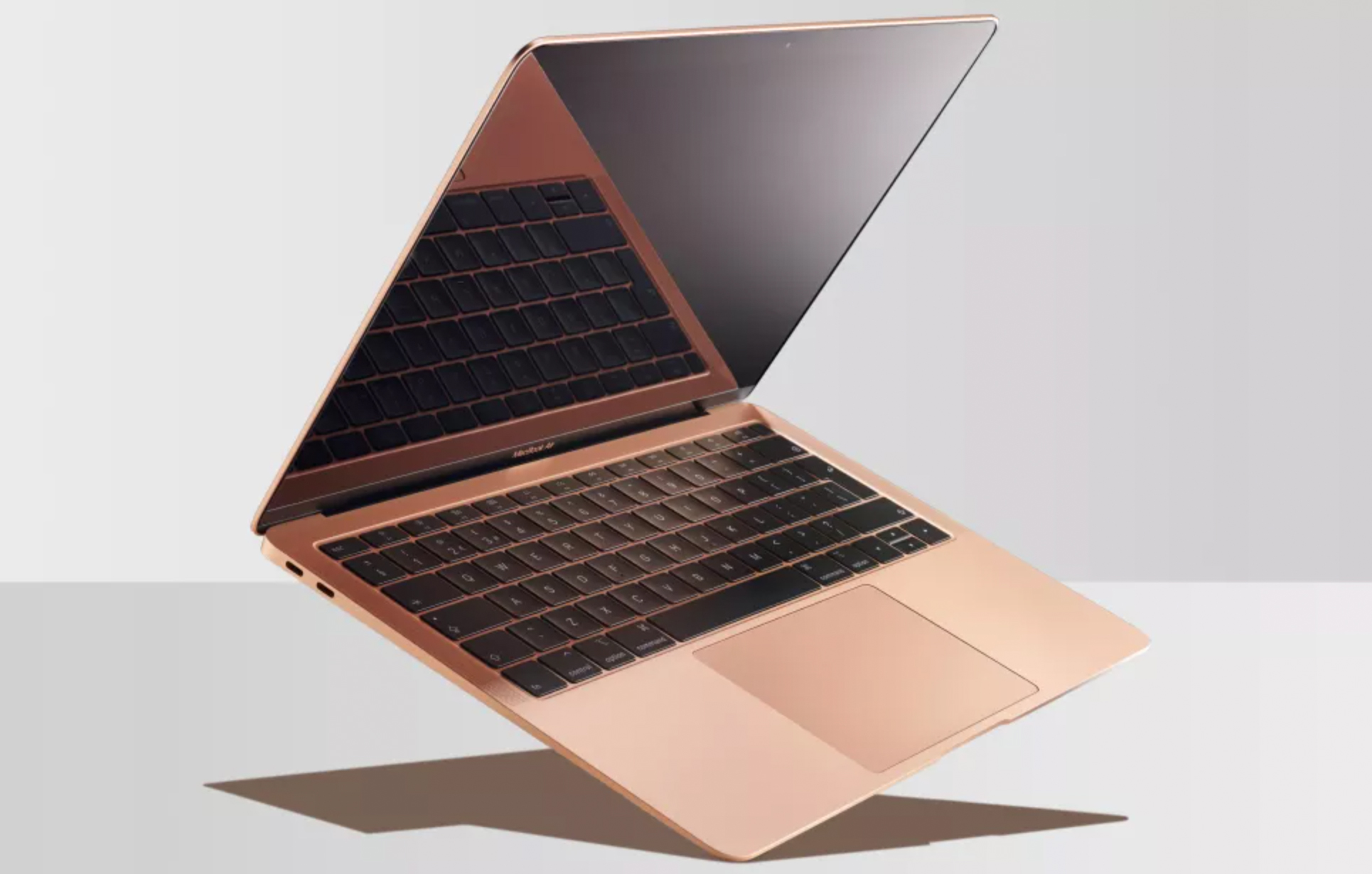Apple Silicon MacBook benchmarks just leaked — and they blow Intel away
A14X leak hints at killer performance for Apple Silicon MacBooks

Here at Tom’s Guide our expert editors are committed to bringing you the best news, reviews and guides to help you stay informed and ahead of the curve!
You are now subscribed
Your newsletter sign-up was successful
Want to add more newsletters?

Daily (Mon-Sun)
Tom's Guide Daily
Sign up to get the latest updates on all of your favorite content! From cutting-edge tech news and the hottest streaming buzz to unbeatable deals on the best products and in-depth reviews, we’ve got you covered.

Weekly on Thursday
Tom's AI Guide
Be AI savvy with your weekly newsletter summing up all the biggest AI news you need to know. Plus, analysis from our AI editor and tips on how to use the latest AI tools!

Weekly on Friday
Tom's iGuide
Unlock the vast world of Apple news straight to your inbox. With coverage on everything from exciting product launches to essential software updates, this is your go-to source for the latest updates on all the best Apple content.

Weekly on Monday
Tom's Streaming Guide
Our weekly newsletter is expertly crafted to immerse you in the world of streaming. Stay updated on the latest releases and our top recommendations across your favorite streaming platforms.
Join the club
Get full access to premium articles, exclusive features and a growing list of member rewards.
We are just a couple of days away from Apple's November event and what’s expected to be the big reveal of the first Apple Silicon MacBook Pro, and a new benchmark leak hints at some seriously impressive performance.
Spotted by AppleInsider, a new Geekbench 5 leak reportedly shows off the performance of the “A14X," a boosted version of the A14 Bionic found in the iPhone 12 and iPad Air 4. It’s thought that this could be the chip that powers the first ARM-based MacBooks.
- The best laptops right now
- iPhone 12 vs Google Pixel 5: Camera face-off
- Apple November event preview — New MacBooks, AirPods Studio and more
In Geekbench 5, the A14X yields a single-core score of 1,634 and rakes in 7,220 in the multi-core test. Comparatively, our Geekbench 5 test of the iPhone 12 Pro yielded respective scores of 1,595 and 3,880. And our multi-core test of the latest 13-inch MacBook Pro saw it get a score of 4,399 from its Intel 10th Gen Core i7 processor.
We need to take these benchmarks with a serious pinch of salt, but if they are accurate, they show how the A14X could be a multi-core powerhouse. And the chip could tear past the multi-core capabilities of Intel’s best laptop processors.
The latest Dell XPS 13 with Intel's 11th gen Core i7 processor, benchmarked by Laptop Mag, reached 5,254 on Geekbench 5. That's well behind the score of the A14X's leaked score.
That’s all good news for Apple Silicon MacBooks, which could debut with a new 13-inch MacBook Pro. Combined with the optimizations Apple is likely to make to macOS to get it to run on the ARM RISC architecture, which underpins Apple’s A-series chips and pretty much all smartphone chips, the A14X could make for some very powerful MacBooks.
There are issues of software compatibility for Apple to overcome. MacOS apps tend to be configured to work on the x86 architecture that underpins AMD and Intel processors; the same is true of Windows 10. So to then get popular macOS apps to run on Apple Silicon MacBooks, Apple will need to provide the means for developers to reconfigure their software for RISC.
Get instant access to breaking news, the hottest reviews, great deals and helpful tips.
Apple’s walled-garden approach to software arguably gives it more scope than Microsoft to ensure that a move from x86 to RISC goes more smoothly. And with tight control over the hardware side as well, the Apple Silicon MacBook could be the triumph ARM-based Windows 10 laptops have yet to be.
We're sure to hear a lot more about Apple Silicon MacBooks on November 10 at Apple’s “One More Thing” event. And we’re quietly optimistic that ARM-based MacBooks and other Mac machines could herald a compelling future for the computing world.

Roland Moore-Colyer a Managing Editor at Tom’s Guide with a focus on news, features and opinion articles. He often writes about gaming, phones, laptops and other bits of hardware; he’s also got an interest in cars. When not at his desk Roland can be found wandering around London, often with a look of curiosity on his face.
 Club Benefits
Club Benefits










